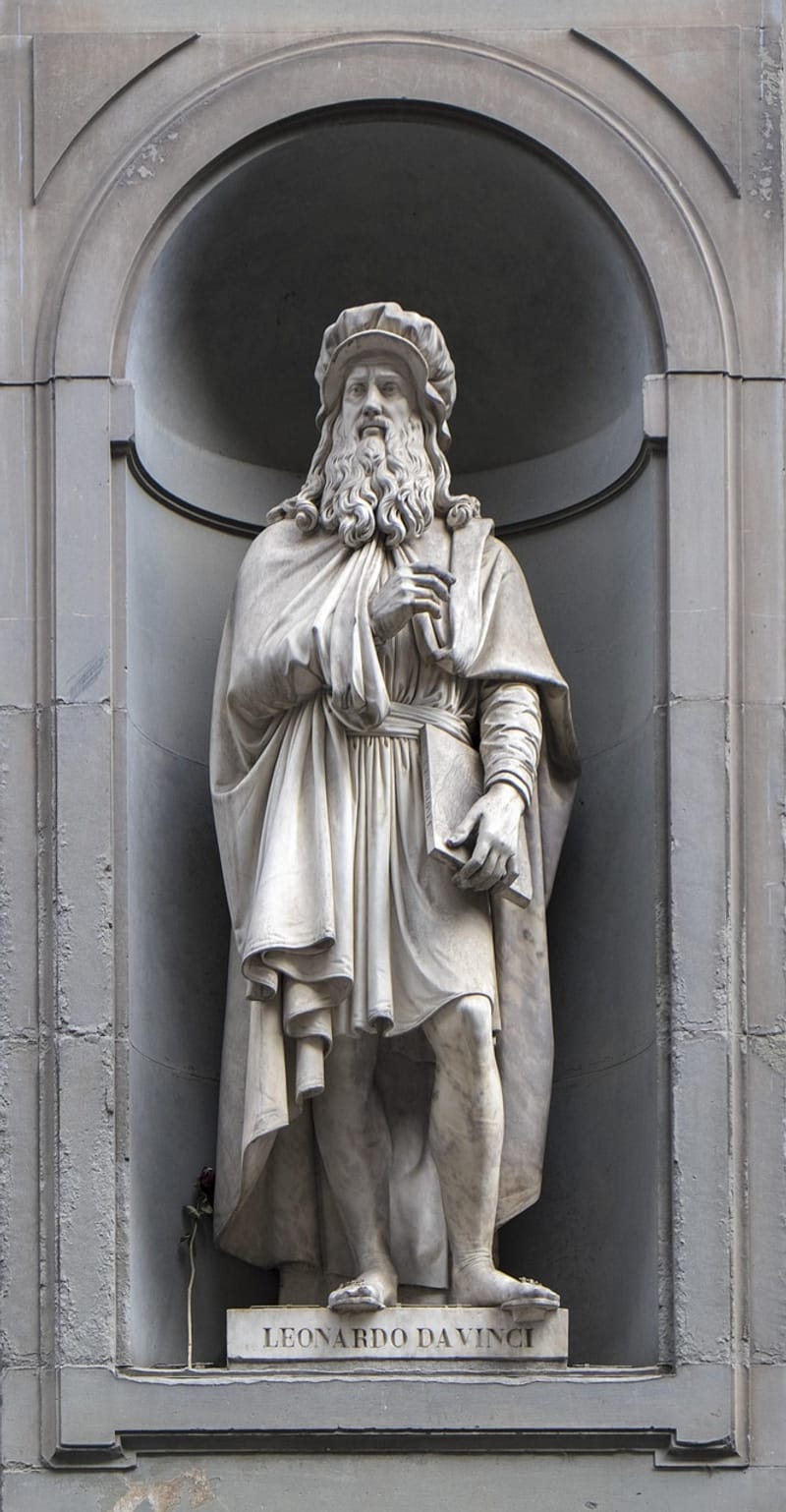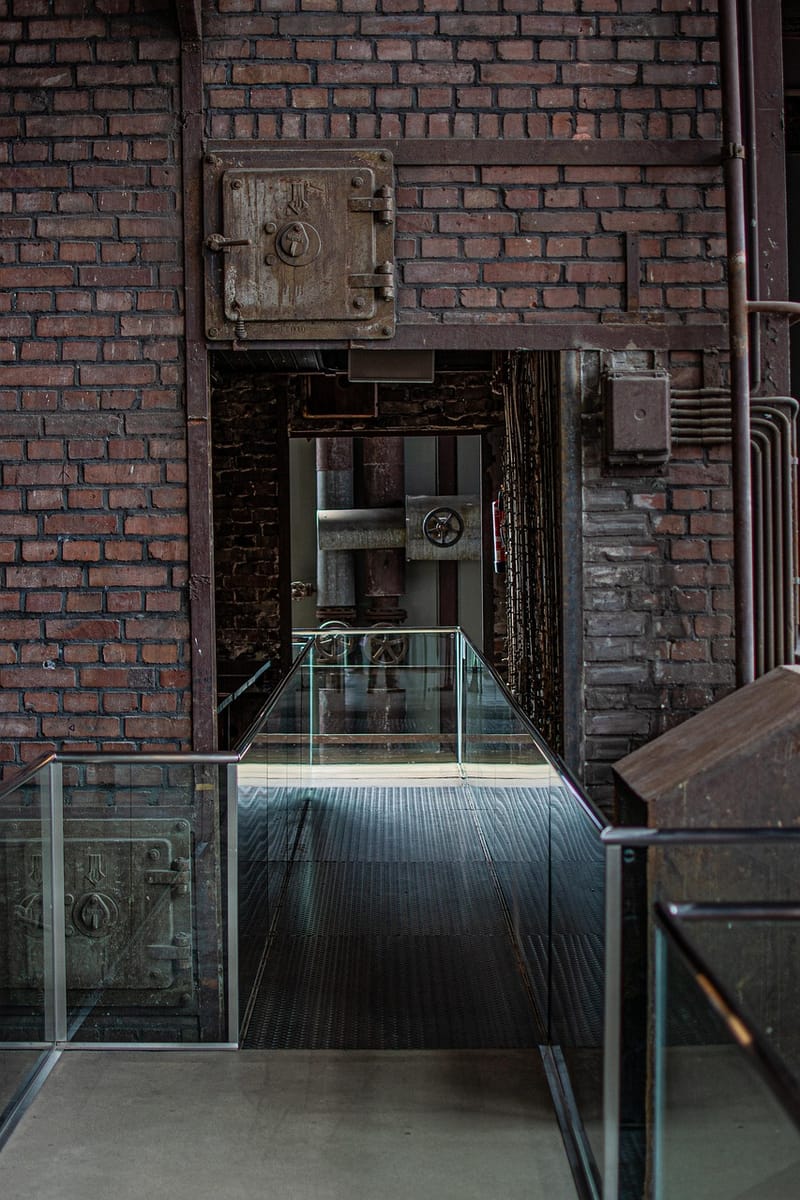Destinations - Part 2
Exploring Historical Eras: Part 2
Welcome to the second part of our journey through fascinating historical eras! In this article, we will delve into more exciting periods that have shaped the world as we know it today. Let's continue our exploration of history!
The Renaissance (14th - 17th century)
The Renaissance was a cultural movement that spanned the 14th to the 17th century, beginning in Italy and later spreading across Europe. This era witnessed a revival of art, literature, and learning, with notable figures like Leonardo da Vinci, Michelangelo, and William Shakespeare leaving a lasting impact on their respective fields.

The Renaissance marked a significant shift from the medieval period, emphasizing humanism, exploration, and scientific inquiry. It laid the foundation for the modern world and continues to inspire creativity and innovation today.
The Industrial Revolution (18th - 19th century)
The Industrial Revolution was a period of major industrialization that transformed economies, societies, and daily life. Beginning in Britain in the 18th century, the revolution saw the mechanization of production processes, leading to the rise of factories and urbanization.

This era brought about significant technological advancements, such as the steam engine and the spinning jenny, revolutionizing transportation, manufacturing, and communication. The Industrial Revolution laid the groundwork for modern industrial societies and globalization.
The Roaring Twenties (1920s)
The Roaring Twenties, also known as the Jazz Age, was a period of economic prosperity and cultural dynamism in the 1920s. Characterized by jazz music, flapper fashion, and the advent of the automobile, this era symbolized a break from traditional norms and values.

The Roaring Twenties witnessed significant social changes, including the rise of consumer culture, women's liberation, and the Harlem Renaissance. It was a time of both exuberance and societal tensions, setting the stage for the tumultuous events of the following decades.
Conclusion
Exploring historical eras allows us to gain a deeper understanding of the past and appreciate the influences that continue to shape our world today. Each era brings its own unique contributions and challenges, contributing to the rich tapestry of human history.
Stay tuned for more captivating historical eras in future articles as we continue our journey through time!
